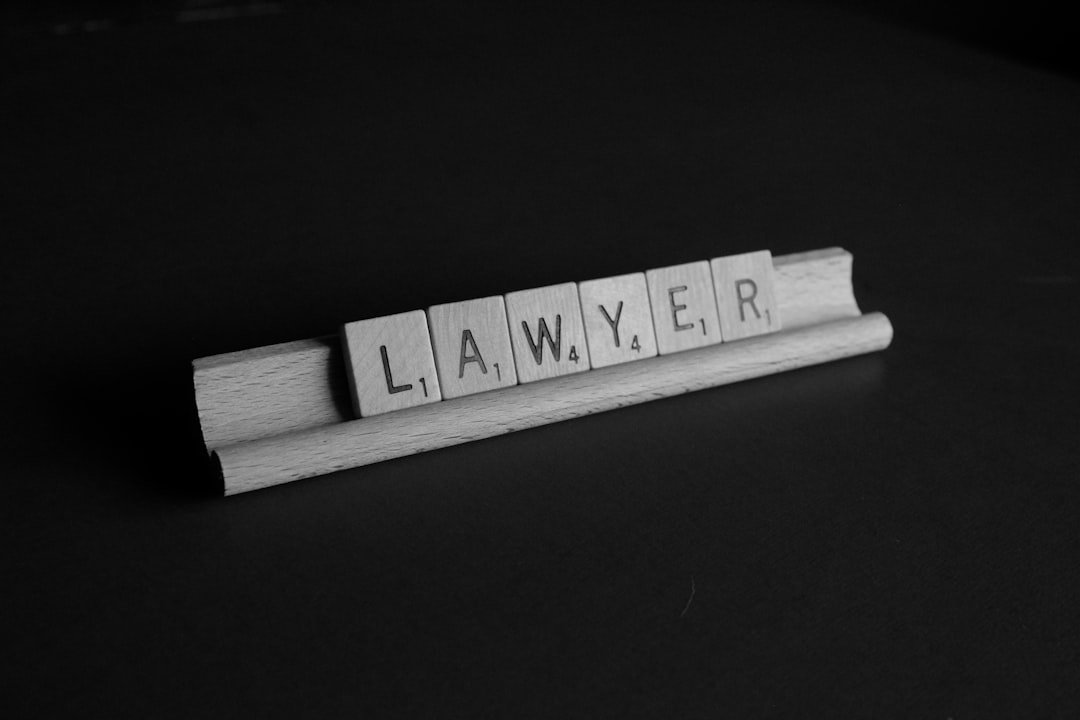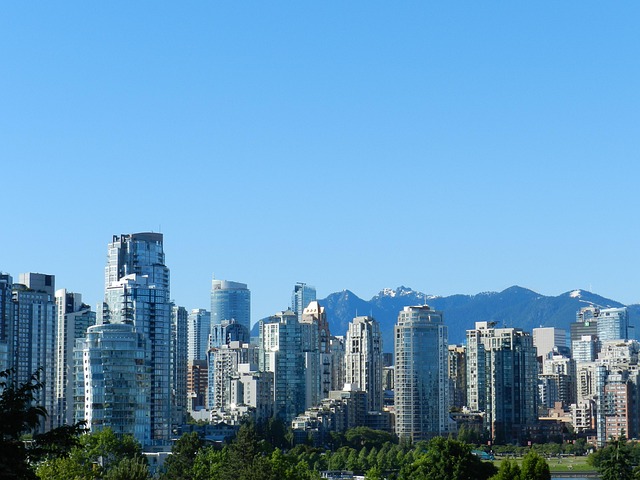In Washington, D.C., debt collection is regulated by local laws and federal legislation, primarily focusing on consumer protection. The Consumer Protection Act (CPA) prohibits unfair practices like harassment, false statements, and deceptive acts, while local rules restrict call frequency and require written notice for lawsuits. Do Not Call law firms DC are common victims of violations, including persistent calls and misrepresentations. This text explores the legal considerations for businesses navigating this complex environment, emphasizing adaptability and alternative legal solutions.
“In the dynamic legal landscape of Washington, D.C., understanding debt laws is paramount for both lenders and borrowers. This article guides you through the key regulations and protections offered by the District’s laws, shedding light on common violations, especially by collection agencies. We explore unfair practices and equip you with knowledge about your rights. Learn how to recognize and respond to breaches of debt laws in DC, without resorting to calls to law firms.”
Understanding Debt Laws in DC: Key Regulations and Protections
In Washington, D.C., debt laws are governed by both local regulations and federal legislation, ensuring certain protections for residents. Key among these is the Consumer Protection Act (CPA), which prohibits unfair or deceptive acts in collections practices. This means that creditors and collection agencies operating within DC must adhere to strict guidelines, including providing accurate information about debts, allowing ample time for repayment plans, and refraining from using harassment or false statements.
Additionally, the District of Columbia has specific rules regarding debt collection practices, such as limiting the number of calls per day and requiring written notice before filing a lawsuit for unpaid debts. These regulations are in place to safeguard individuals from aggressive or unfair treatment, ensuring they have rights and recourse if their debt collector violates these laws. Remember, if you believe your rights have been violated, it’s advisable to consult local legal resources rather than making direct contact with law firms (Do Not Call law firms DC).
Common Violations: Unfair Practices by Collection Agencies
In Washington, D.C., as in many places, debt collection agencies often engage in practices that cross the line into unfair and abusive behavior. These violations can significantly impact consumers’ rights and well-being. One of the most common violations is persistent phone calls, especially to individuals or law firms who have requested to ‘Do Not Call.’ Despite this request, collectors may harass debtors by repeatedly calling their phones, using automated dialing systems, or even leaving voicemails that demand immediate attention.
Another unfair practice includes misrepresenting themselves or the purpose of their call. Collectors might pose as government officials, legal representatives, or financial institutions to intimidate borrowers into paying up without verifying their identity or the validity of the debt. They may also threaten legal action or arrest, even when there’s no basis for such claims, causing unnecessary anxiety and stress for those facing financial difficulties.






